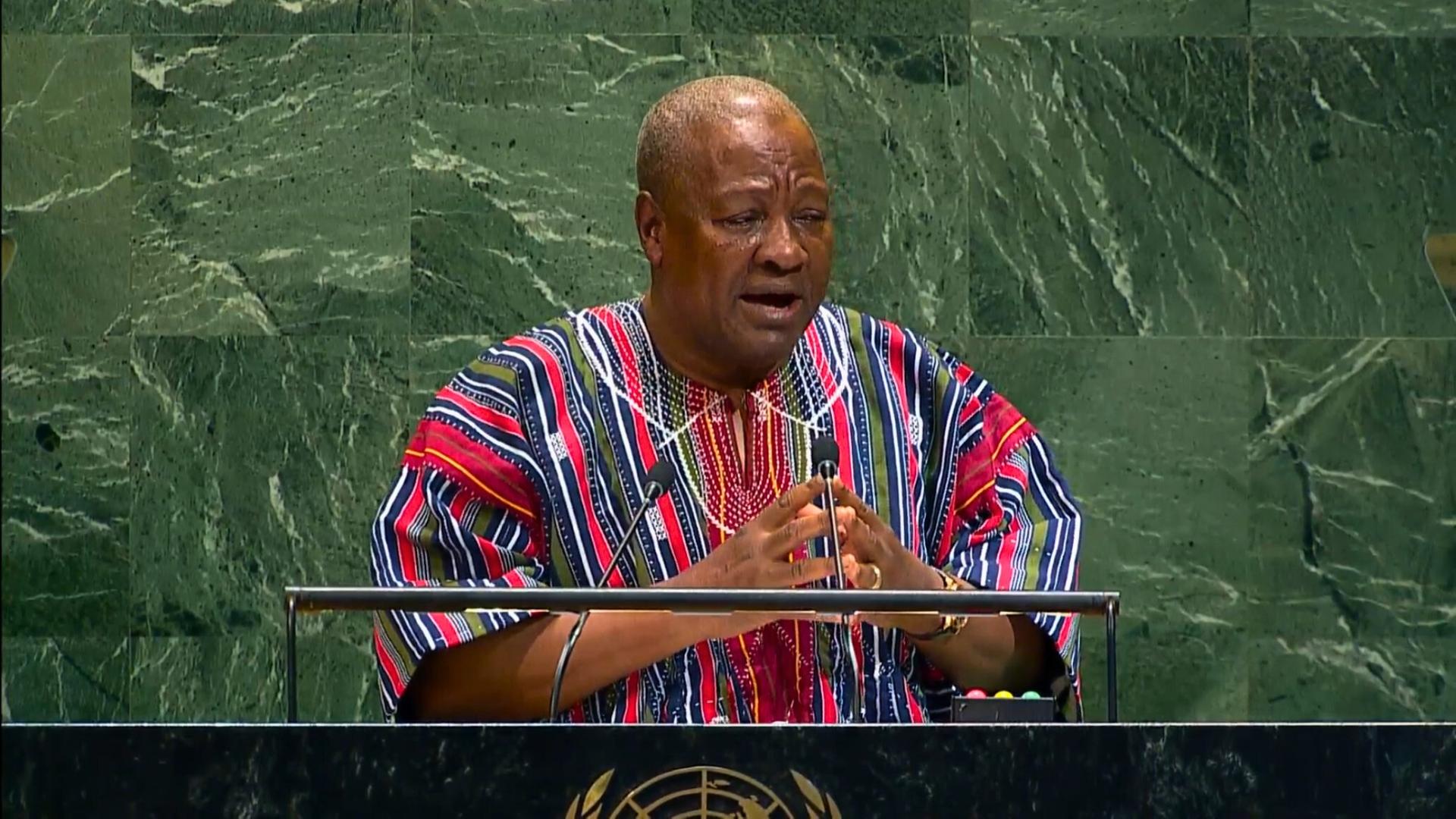At UNGA80, Africa’s leaders united to demand overdue reforms at the UN, including increased representation in the Security Council. With bold speeches and strong grassroots backing, the continent is pressing for fairness, equity, and a global order that reflects Africa’s true influence.
During a week of pivotal speeches and high-level summits, presidents, ministers, and delegates from across the continent united to call for overdue reforms to the United Nations; chief among them, permanent representation for Africa on the Security Council. Their demands arose amidst escalating global crises and discussions on governance, development, and climate justice.
Africa’s Agenda: Security Council Reform and Justice
From the podium, African leaders pressed for sweeping reforms. Ghana’s President John Dramani Mahama declared the future “African,” insisting on at least one permanent seat on the Council.
Chad’s Prime Minister Allah-Maye Halina pushed for two seats with veto power, condemning Africa’s exclusion despite its role as a peacekeeping leader and “economic lung” of the world.
Liberia’s President Joseph Nyuma Boakai denounced Africa’s marginalization as a “historic injustice” while pledging his nation’s voice on the Council.
Botswana’s President Duma Gideon Boko applauded support for Palestinian self-determination but warned that “human dignity cannot be the preserve of a few; it is the right of all.”
Voices From Across Africa
Beyond the UN floor, the Unstoppable Africa 2025 summit positioned the continent not as a participant but as a market-shaper. Figures like former NBA All-Star Luol Deng showcased how sports and youth programs reflect Africa’s dynamism.
The #Unstoppablerica movement gained traction across social media, with young professionals in Lagos, Nairobi, and Johannesburg praising leaders for "speaking truth to power in New York."
Rural voices, however, urged leaders to ensure mineral wealth and global spotlight translate into schools, technology, and infrastructure rather than lofty speeches alone.
Global Reactions: Hopes and Hurdles
International responses were mixed. UN Secretary-General António Guterres and several European leaders voiced support for Africa’s claim to representation.
Yet skepticism runs deep, with entrenched Security Council members reluctant to relinquish privilege. Global conflicts—from Gaza to Eastern Congo—risk sidelining Africa’s reforms, analysts warn.
Still, as demand for Africa’s critical minerals rises, observers note that decisions taken now could shape the continent’s influence for decades. Failure to maintain unity could give external powers the leverage to dictate terms during the energy transition.
The Long Arc of Reform
Africa’s push is not new, but it now carries sharper urgency. The continent provides more than 3,000 UN peacekeepers and holds resources essential for climate goals, yet remains sidelined in decision-making.
Initiatives like the African Continental Free Trade Area (AfCFTA) and the Green Minerals Initiative reflect an effort to consolidate power and negotiate as one.
What’s Next: Unity or Fragmentation
With UN reform debates launched at this session, Africa’s next steps are crucial. Leaders must back rhetoric with action—transparent resource management, inclusive growth, and respect for human rights.
The opportunity lies in leveraging technology, youth innovation, and industrialization to transform Pan-African unity into lasting influence.
At UNGA80, Africa presented itself as a torchbearer for fairness and renewal. Whether these calls spark lasting reform or fade into diplomatic memory will shape not only Africa’s destiny but the balance of world order itself.
Leave a comment
Your email address will not be published. Required fields are marked *





